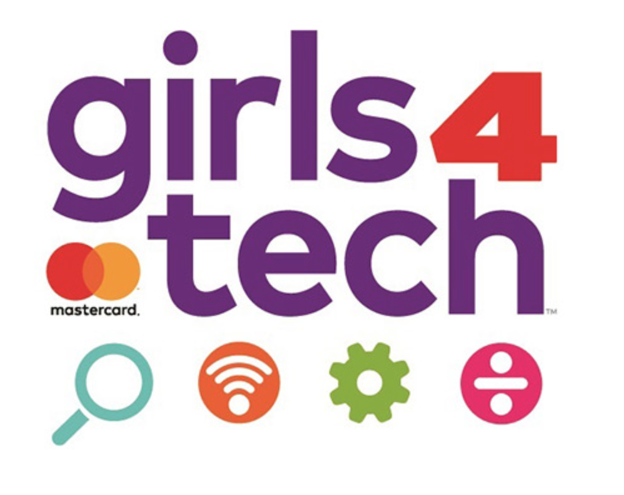This Women in Payments event has been going on for at least 5 years and this was the first time I attended — I regret that it took so long! Hats off to Kristy Duncan and her team for putting together a substantive event with a refreshing mix of industry insight and professional development and attendees at all levels of their careers from a broad spectrum of payment companies.
I couldn’t attend all of the sessions but here are a few things I did hear and found noteworthy. My apologies to my fellow speakers, dinner companions, and all the smart women I chatted with. I didn’t catch all of your names.
Observations on the State of the Payments Industry
The keynote speaker, Lisa Shields from FISPAN, shared her professional journey. The work that her company is doing to help banks embed transactional capabilities within the accounting and ERP environments that corporate finance personnel rely on all day is important.
(Check out our Payments on Fire podcast interview with Lisa, here.)
Peggy Mangot from Wells Fargo observed that consumers and small businesses are interested in experience and insight. Her comments echo similar sentiments from Mastercard’s Cheryl Guerin who reminded us all that consumer decisions about payment and financial services are motivated by emotion as much as – if not more so – than rational factors.
A few speakers acknowledged that business payments are ripe for change and represent significantly more GDV than consumer transactions (much to my delight since B2B payments is one of my enduring passions).
A number of speakers observed how data, and collaborative efforts across payment networks and institutions, are critical to fighting fraud. Particularly as the fraud paradigm shifts from transactions to account takeover via identify theft and synthetic identities.
There was recognition that incumbent FIs struggle to innovate and that that’s okay. It’s better to be realistic about capabilities and seek complementary tech/talent/expertise from partners. There were numerous examples cited of cooperation across the value chain and collaboration between incumbent bankers and fintechs. In fact, collaboration got a lot more airtime than direct competition or existential threats from new players, a key trend I hope plays out more broadly in our industry.
Many speakers noted how the traditional siloed, payment product orientation at banks is shifting to value add services (insight, guidance) for which payment transaction information is a key enabler. Some posited that banks would eventually stop selling transactions and shift toward selling guidance. Glenbrook has long observed that payment data has significant value.
There were some interesting perspectives about innovation in different geographies and the role of regulators. In the U.S. many bankers and industry participants will claim that regulation hampers financial services innovation. Yet, in other geographies (UK, Europe, Singapore, etc.) regulators are more aggressively promoting innovation. They may stand up real time infrastructure themselves or strongly encouraging the banking industry to do so. They may grant non-banks direct access to core payment systems without having to use a bank intermediary. And they mandate that consumers and businesses have the right to control access to, or permission, use of their own financial data via Open Banking.
The term “self-sovereign” was used to characterize consumer (or business) ownership of digital identity versus bank-owned, government issued, or federated IDs and I would have enjoyed a full day delving into that topic.
Finally, there was widespread agreement that machine learning/AI and data are instrumental to fighting fraud and offering value add insights to consumer and business customers. There was less agreement about how soon that would be mainstream.
The Next Generation of Women in Payments
You may not be aware , but Mastercard has a program called “Girls4Tech” to expose young women to STEM concepts: over 500,000 girls in 28 countries have participated thus far.
I was most impressed with a panel of young women from Georgetown University who are studying math and science. They appropriately received the only standing ovation from the audience. On the day before the Symposium they had participated in a girls4tech teaching day at a local Washington DC school. During the panel discussion they described their experience with the young girls, shared their experience as female students, interactions with informal mentors and formal advisors, as well as their fintech dreams and ambitions. I am confident that each and every one of them left the room with a clutch of business cards from interested employers.
We asked the Georgetown students how to support them better and they made a plea for women payments professionals to visit campus. They explained that visible role models are very, very important. So those of you reading this — make an effort to visit campuses near you. Future Women in Payments are eager to get to know you.
Lastly, there was an awards event Monday evening recognizing five women for their contributions to the industry:
- Distinguished Payments Professional, Kimberly Lawrence, Visa
- Innovation, Monica Eaton-Cardone, Chargebacks 911
- Change Agent, Cheryl Guerin, Mastercard
- Rising Star, Rawan Shawar, ACI Worldwide
- Advocate for Women, Talbott Roche, Blackhawk Network
- Educator, Mary Rosendahl, Bank of America
You can learn more about the award criteria, the nomination process here.
In closing, I am grateful for sharing the time with my colleagues in payments and hearing encouraging insights about the future of payments. Women in Payments hosts events in Canada, the U.K., Australia, and Singapore so keep an eye out.


